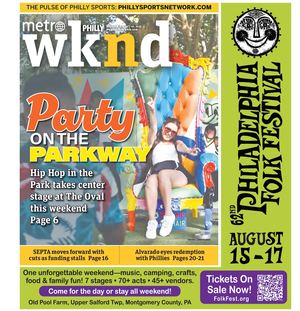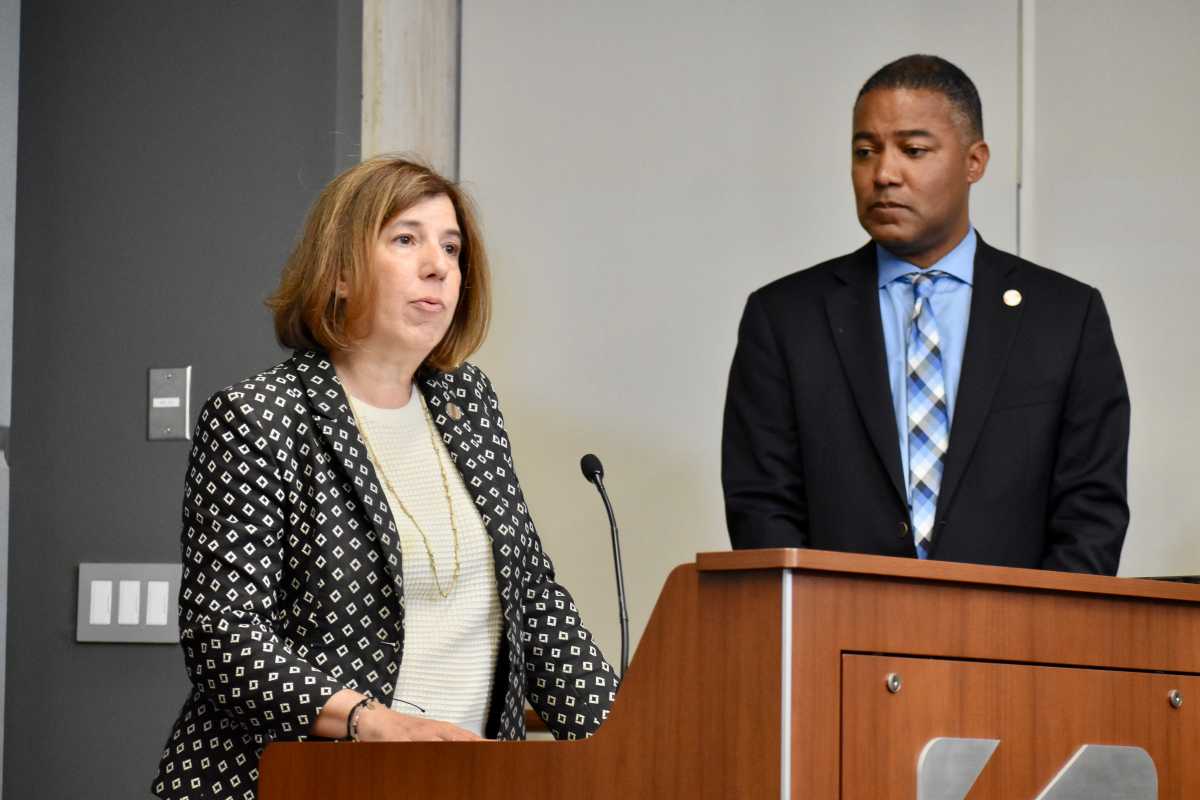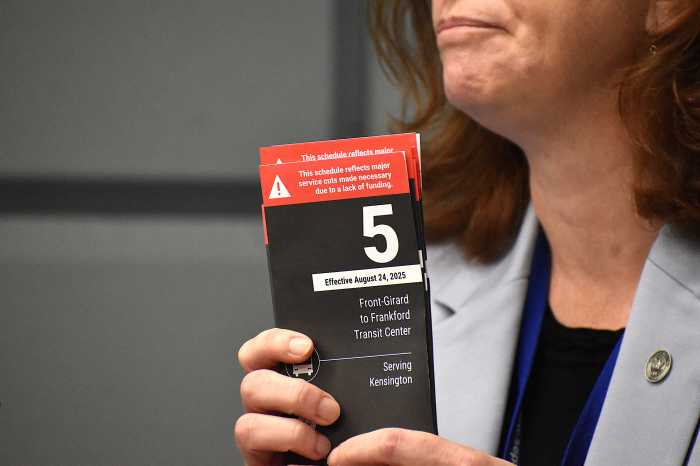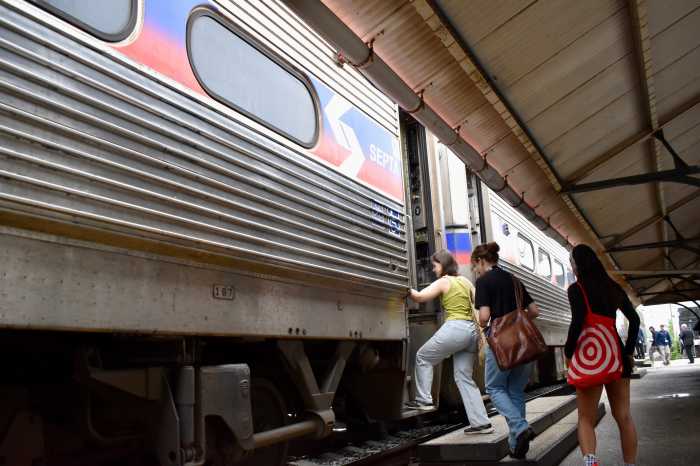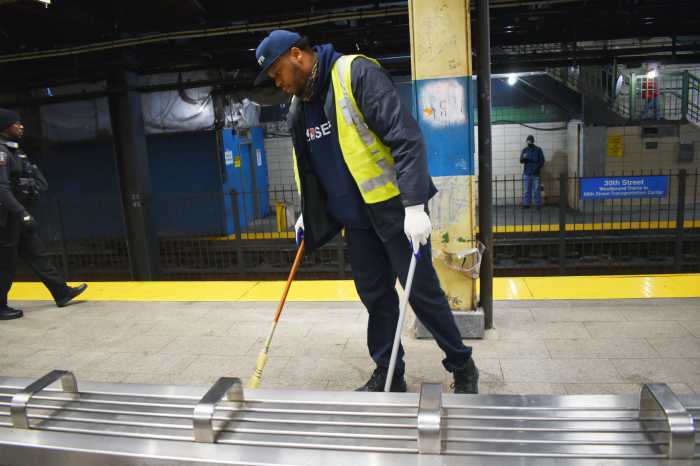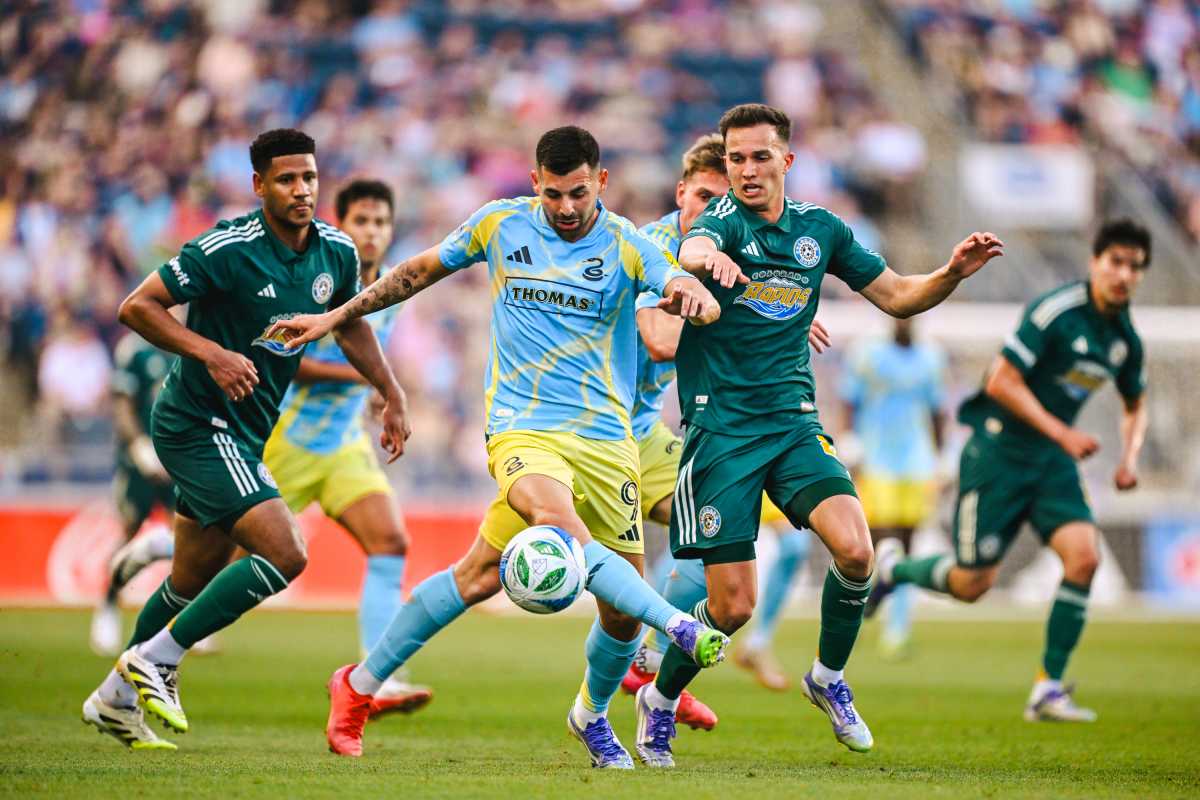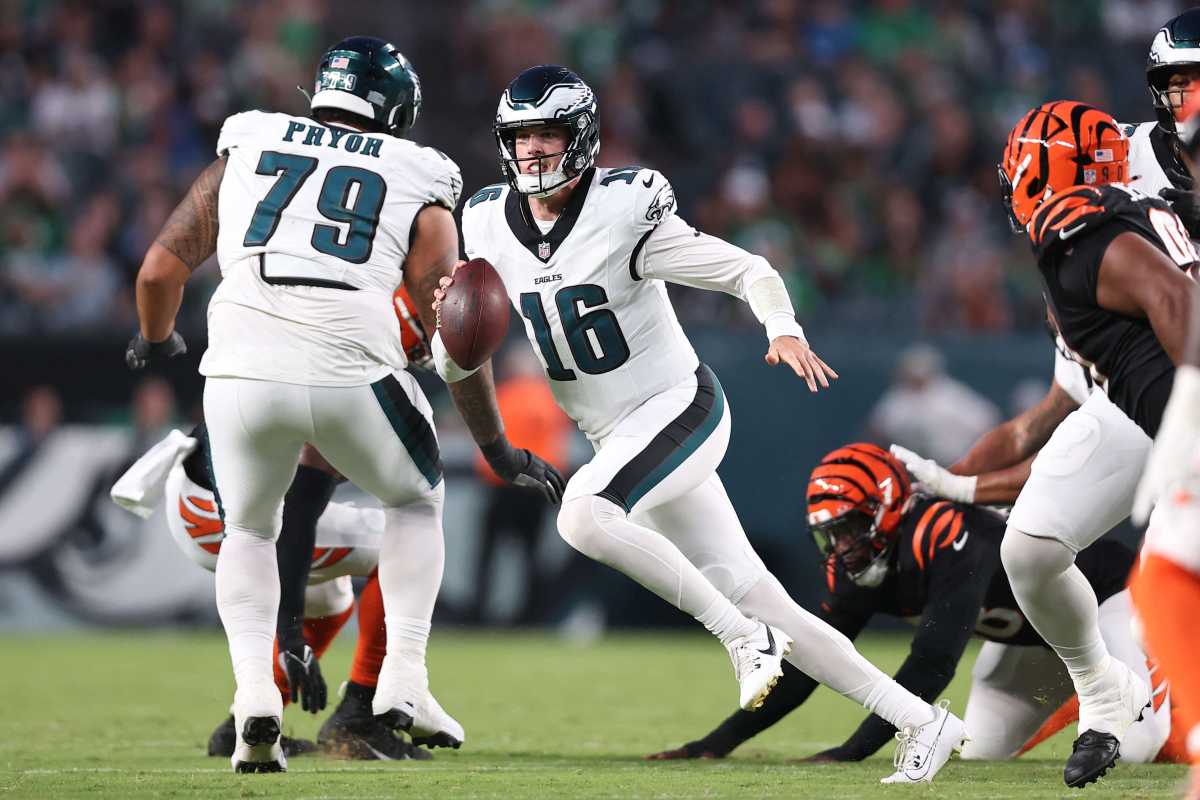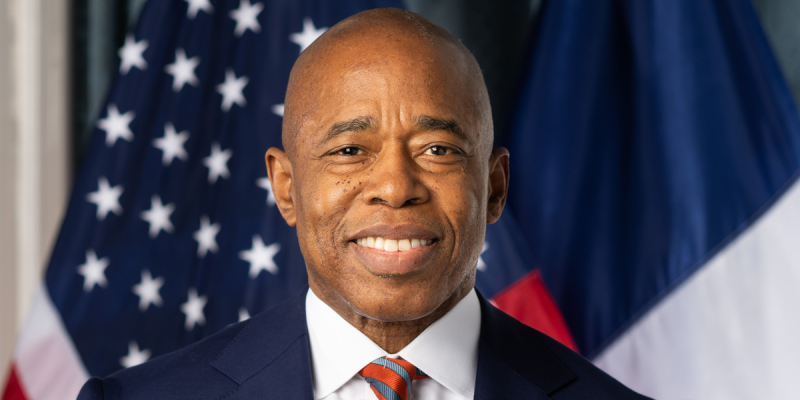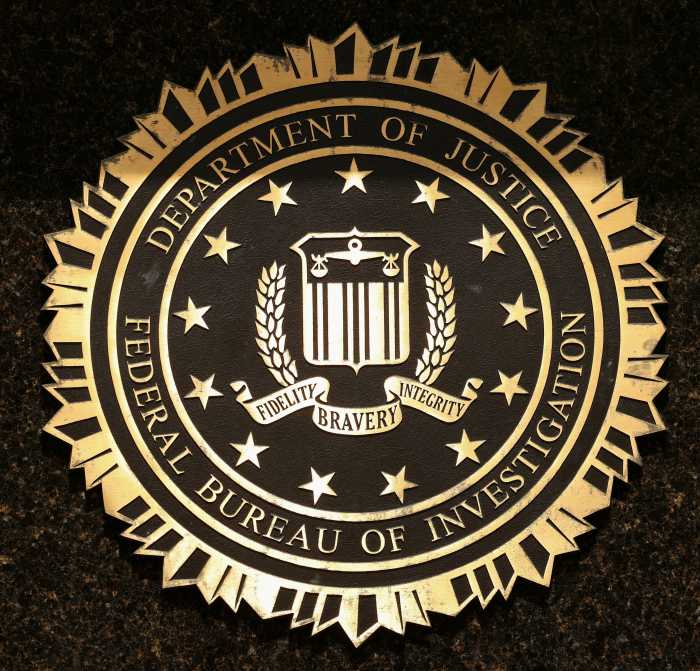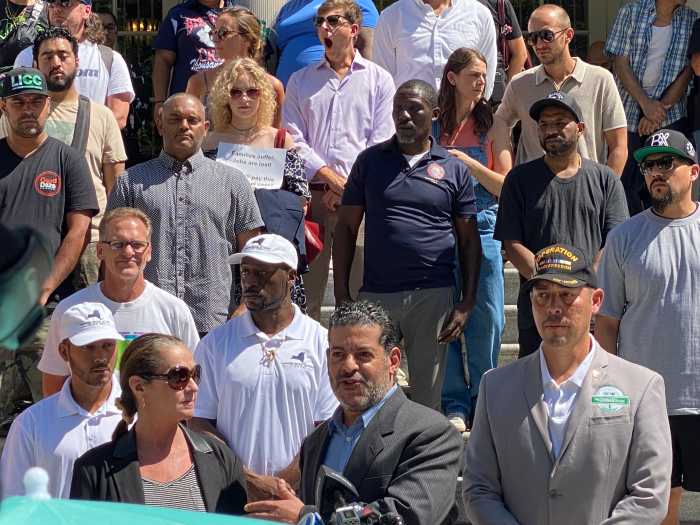SEPTA leaders are proposing a fare hike, after lawmakers in Harrisburg and Gov. Josh Shapiro did not include a permanent transit funding increase in the finalized state budget.
Most of the adjustments would eliminate discounts for Key Card users and bring fares in line with those who pay in cash.
The measure is an attempt to abate the effects of the authority’s $240 million projected budget deficit and stave off significant service cuts, officials said. If approved by the authority’s board, SEPTA will implement the fare changes Dec. 1.
As an incentive for riders to enroll in the Key program, SEPTA has had a lower rate for users of the card, which was rolled out in 2016. Swipers currently pay $2 for bus, subway and trolley trips; the 7% of riders who use cash must pay $2.50.
Under the proposal, everyone would be paying $2.50. Regional Rail riders would also be paying more, with prices set to jump in all zones.
The least impacted will be Zone 1 riders, who on weekdays would be charged $4, up from $3.75 on the Key card. That’s a 6.6% increase – far lower than the hikes for Zone 2 (15.7% to $5.50), Zone 3 (13% to $6.50) and Zone 4 (15.3% to $7.50).
A full list of fare changes is posted on SEPTA’s website, septa.org.
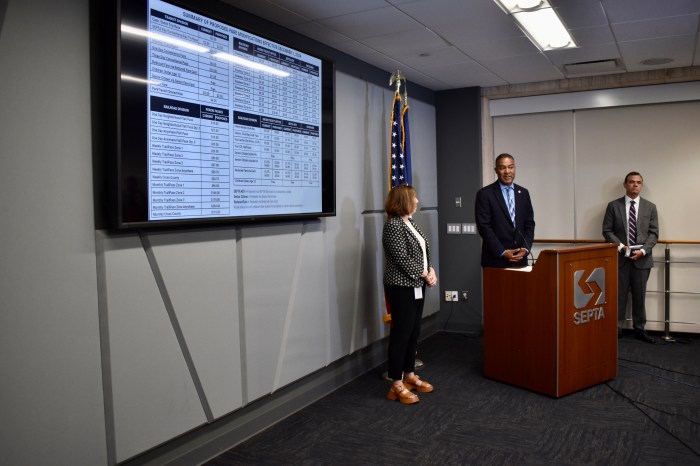
No changes are proposed for daily, weekly or monthly passes, and SEPTA is not altering its free transfer policy.
In fact, authority leadership wants to expand that benefit, which currently allows up to two free transfers, by allowing riders to take the same bus, subway or trolley in the opposite direction at no cost.
For example, if someone takes a bus one way to get to a grocery store and then catches it for the return trip, they would pay only $2.50, as long as the trips are within two hours of each other. Currently, riders running those types of errands would have to pay two full fares.
In addition, SEPTA wants to bring three Regional Rail Zone 2 stations – Overbrook, Wissahickon and Tulpehocken – into Zone 1.
Public hearings on the proposal are scheduled for next month, and SEPTA’s board is expected to consider the measure at its November meeting. If adopted, it would be the authority’s first fare increase in seven years. A planned hike in 2020 was canceled due to the pandemic.
The increase would generate an estimated $14.4 million more a year for the authority, according to transit officials. SEPTA Board Chair Kenneth Lawrence told reporters Thursday that it is “not a complete or long-term solution.”
“We still need action in Harrisburg to ensure we are able to continue progress on critical safety and security and ridership initiatives,” he said.
When budget negotiations wrapped up in Harrisburg in July, SEPTA received a one-time payment of $43 million – far below Shapiro’s initial proposal, which would have sent an extra $161 million annually.
SEPTA’s fiscal shortfall is a result of expiring federal coronavirus relief funding and ridership numbers that remain about 25% below pre-pandemic totals. Authority leaders believe the just-announced fare hikes will have a slight negative impact on ridership, given the changes are relatively modest.
Leslie Richards, the authority’s general manager and CEO, has warned of a “death spiral” of fare hikes and service cuts if the state does not come up with a funding solution for mass transit.
“If we start to talk about service cuts, there will be significant negative impacts as far as losing ridership,” Richards said Thursday. “And it will be very, very hard, if not impossible, to get that ridership back.”
Shapiro committed to revisiting the issue in the fall, and state lawmakers reconvene later in September. Lawrence said he is hopeful a deal can be crafted this month to provide stable funding.
State Senate Majority Leader Joe Pittman, a Republican from western Pennsylvania, characterized the proposal as “positive development” and said there needs to be more conversations about financial support for the transit system at the local level.
“I have made it clear that any transit discussion at the state level cannot occur without consideration of transportation infrastructure investment,” Pittman added in a statement.
Meanwhile, Democratic state Rep. Ed Neilson, chair of the Pennsylvania House’s transportation committee, said a failure to fund transit will hurt agencies and riders in all 67 counties, not just Philadelphia.
“This is the exact scenario we wanted to avoid while we were negotiating the state budget,” Neilson, whose district is based in the Northeast, said in a statement.
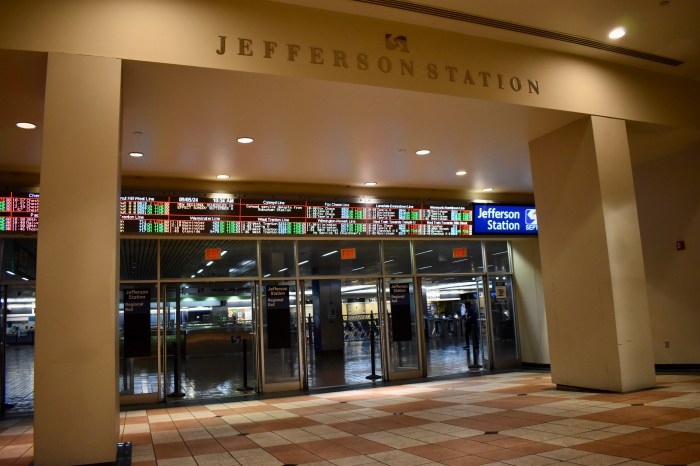
To raise revenue, SEPTA is also reinstating parking fees – which have been suspended since early in the pandemic – and increasing rates at surface lots from $1 to $2. Fees at the Frankford, Norristown and Lansdale garages are doubling to $4. Enforcement of paid parking is being phased in between Sept. 23 and Nov. 15 and is expected to bring in $4 million.
Officials anticipate pulling in another $4 million from 123 trains that will begin being deployed next week to boost service on select Regional Rail lines.
SEPTA said it is also saving millions of dollars by freezing hiring, non-essential employee travel and other expenses.
Hearings on the fare proposal will be held at 10 a.m. and 4 p.m. Oct. 16 at SEPTA’s Center City headquarters, 1234 Market St. Members of the public will be able to attend in-person or through video conference.
Riders can also submit feedback on the measure by emailing operatingbudget@septa.org, or leaving a voicemail at 215-580-7772.
